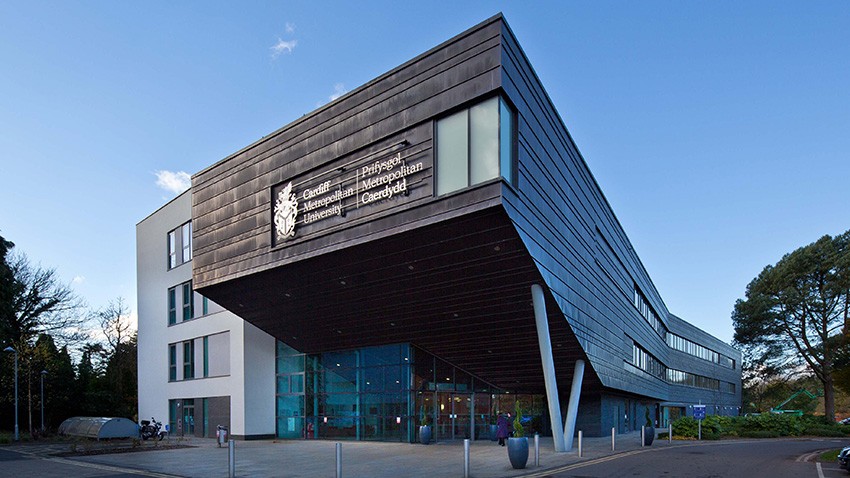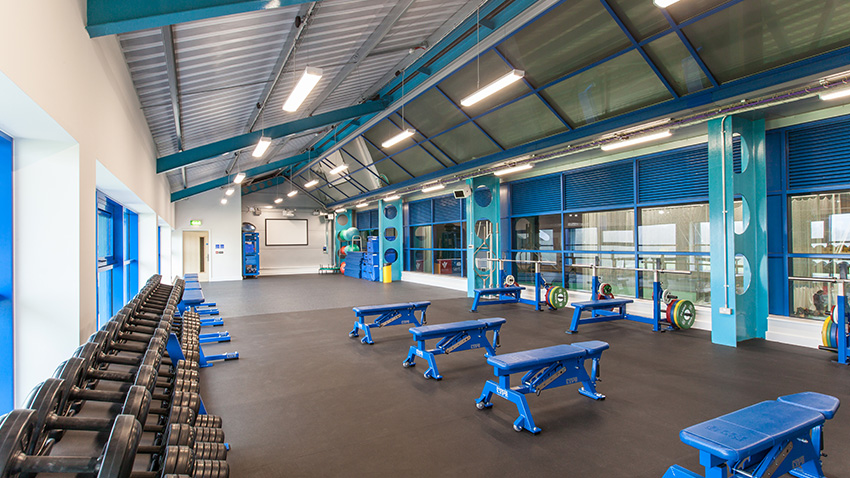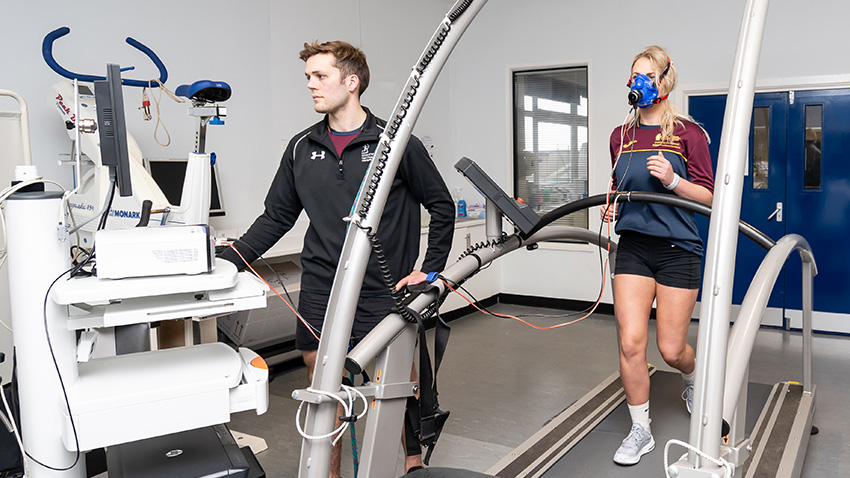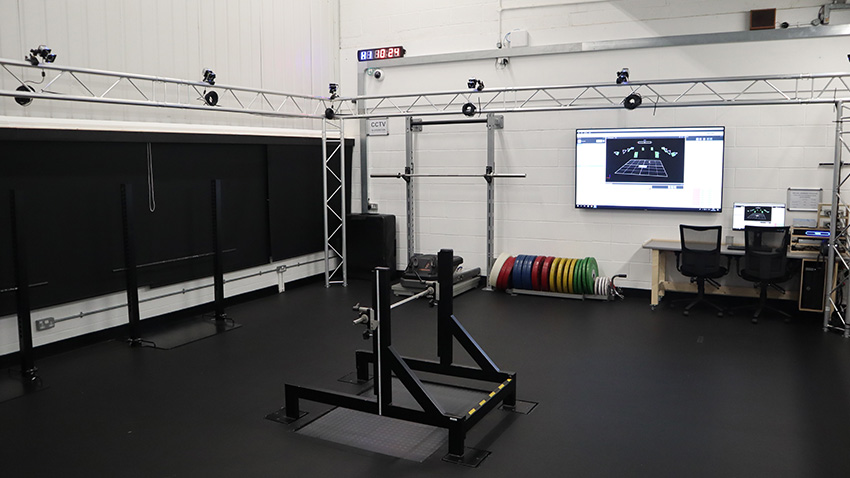📖Program Curriculum
Our BA (Hons) English and Creative Writing degree is founded on an innovative, interdisciplinary curriculum which encourages you to make creative and critical connections between and outside your subject areas.
Each year of our undergraduate degree focusses on three core components: READ, WRITE, CONNECT. Every year, you will take two modules from each strand so you have the opportunity to explore English Literature, practice Creative Writing and connect everything you're learning in collaborative, interdisciplinary and innovative ways.
READ: This strand forms the backbone of your study. In these English Literature modules, you will be introduced to important, diverse writers from across the globe. In seminars, you will explore the ways in which texts – from canonized literature to cutting-edge prize winners – influence how you understand and interact with the world. A mixture of thematic and chronological modules will ensure you graduate with a good grounding in genre, context and period. In this READ strand, you will challenge your assumptions and be encouraged to raise questions about authority, identity and more.
WRITE: This strand will focus on creativity, imagination and production. In these Creative Writing modules, you will learn what it takes to write compelling short stories, poetry, nonfiction and more. You'll cultivate your individual voice and style through writing, revising and editing. In our supportive workshop environment, you will also share your creative work and hone your editorial skills. You will be encouraged to seek publication and to develop a writing portfolio for prospective employers. In short, the WRITE strand focuses on helping you to become the best writer you can be.
CONNECT: This strand will introduce you to interdisciplinary and collaborative approaches, focussing on the connections which can be made between people and ideas. In these unique modules, you will encounter new perspectives, experiences and spaces designed to help you widen your views as both a reader and writer. To stay current, our interdisciplinary work changes regularly but former students have benefited from visits, discussions and connections with the following departments: animation, ceramics, digital technologies, drama, education, illustration, media, and psychology.
Our modules are taught by research-active scholars and published authors. Several modules will require you to write and bring your own work to creative workshops. As well developing your own writing, you will also develop your skills as critics, editors and contributors to the creative and critical processes of others.
YEAR 1: Craft and Cannon
READ
Reading Literature - From 'Beowulf' to 'The Bluest Eye', this module will introduce you to a wide range of texts from the literary canon and give you a foundation in the study of literature.
Shakespeare and his Contemporaries - This module explores Elizabethan and Jacobean theatrical practice by examining not only Shakespeare's dramas, but also his contemporaries' plays. You will examine the histories, comedies, city comedies, and tragedies before finally turning to modern productions of Shakespeare in the theatre and on the big screen.
WRITE
Stories Matter: Plot, Character & Beyond - This module will introduce you to the techniques of narrative construction. By focussing on writing short stories, you will have opportunities to explore the techniques of well-established masters of the form as well as contemporary writers experimenting with new ideas.
Sex, Death and Everything in Between: Writing Poetry - This module offers a unique take on poetry and poetics where all the possibilities of the art form are considered. You will study craft, form and poetic movements and will be encouraged to experiment in order to find your own poetic voice and vision.
CONNECT
Critical Approaches - This module will introduce you to literary theory so that you become more alert and responsive to the ways in which texts work. You will also learn about the variety of critical and theoretical approaches there are to literature and have the opportunity to apply these approaches to your own creative work as well as key works in literary history, such as Emily Brontë’s 'Wuthering Heights' (1847).
Say it Out Loud: Writing for Audiences - This module will introduce you to the conceptual, creative, and practical elements of writing for performance as well as the many audiences who might engage with performed work. You will have opportunities to write, perform and play with scriptwriting, comedy writing, slam poetry and more.
YEAR 2: Imagination and Experimentation
READ
Romantic and Victorian Literature - This module invites you to consider poetry, fiction and non-fiction as generic responses to some of the century’s most pressing social questions. Alongside the formal aspects of these texts, you will examine important themes and debates of the period, such as the role of the Imagination, the Nation, urbanisation and industrialisation, evolution and madness, class, gender and sexuality.
Make it New Modernist Literature and Culture - This module is an exploration of revolutionary writing and culture from the first half of the twentieth century. You will explore a range of Modernist texts, including canonical as well as lesser-known texts, in order to understand the revolutionary changes taking place in literature at this time.
WRITE
Urban and Contemporary - This module encourages you to delve into the modern evolution of the novel, short story and poetry, looking at new books and radical techniques almost as soon as they are penned. This unique module will expose you to the cutting edge of modern writing while also giving you the freedom to experiment and truly hone your own literary voice.
Ghosts in the Machine: Writing Immersive and Chaotic Selves - This module will provide you with the practical skills necessary to construct digital self-narratives. You will learn to combine traditional storytelling skills with a digital and interactive environment in order to explore ideas of multimedia, non-linearity and the chaotic complexities of writing the self.
CONNECT
Imaginary World and Possible Futures - This module explores literature that creates and studies new worlds. With a focus on the future and ‘the fantastical’, you will read a range of texts from the Fantasy, Science Fiction, Utopian/Dystopian fiction genre and even try writing some of your own.
The Professional Critic and Creative: Work Placement - This module will provide you with the opportunity to experience professional environments and expectations. Based on your career interests, you will be invited to pursue an external placement, a personal publishing goal or an approved project in archiving, copywriting, reviewing and more.
YEAR 3: Employability and Professional Practice
READ
Hypercontemporary Literature and the Book Prize - From the Nobel Prize to the Costa Awards, this module will explore the qualities inherent in brand-new, hyper-contemporary literature and prize-shortlisted writing. You will analyse the importance of contemporary book-prize culture to the success of a written text, both in popular and critical estimations.
Narratives of Place and Belonging - This module will consider the relationship between identity and place in a range of literary and cultural sources from nineteenth-, twentieth-, and twenty-first-century literature. Using a variety of texts, you will interrogate the politics of space and the impact this has upon identities and belonging.
WRITE
Fact or Artful Enterprise - This module will explore the blurred line between fiction and nonfiction. It provides a literary overview and analysis of writing in the auto/biographical modes encompassing memoir, life-writing, diary-writing, biography, autobiography, creative nonfiction and fiction inspired by life.
Publishing and Digital Humanities - This module will provide you with the knowledge and skills your need to enter the creative and professional industries. You will build practical skills in the creation and publication of digital technologies; explore tools in practical, hands-on workshops and online tutorials; and work together to publish the annual 'Met' anthology.
CONNECT
You will have the option of taking a year-long Dissertation module OR completing two, taught CONNECT modules:
Option 1:
Dissertation - This year-long dissertation module will offer you the opportunity to undertake a sustained, rigorous and independent project within the contexts of Creative Writing or English Literature.
OPTION 2:
The Major Project: Exploring Big Issues - This module uses literature and creative work to explore contemporary issues like gender inequality, decolonisation, climate change and more. Although the topic and big issues change, this taught module will provide you with the opportunity to undertake a sustained, rigorous and independent project within the contexts of English Literature or Creative Writing.
Writing for Wellbeing - This unique module will consider how writing can be used for improving wellbeing in your own and others’ lives. You will explore a variety of conceptual, theoretical, ethical and creative frameworks used for writing for wellbeing.
🏠 Accommodation
You will need to book the accommodation after you have been accepted.
You can choose to live on campus or off campus in private accommodation.
How to book:
- Make a booking online after you have been accepted (in this case please let us know your choice when you apply).
- Register when you arrive - its not possible to reserve a room before arriving. You can arrive a few days before and book it
💰 Fees
Application Fee:
$0 USD
Tuition fee:
15,000 GBP per year
60,000 GBP in total
❓✅❌ Entry Requirements
The minimum age is 18.
English fluency is required.
You need to be either:
- A native English speaker
- Studied a degree in English before
- Can demonstrate a high level of English
- Having an English certificate such as IELTS level 6 or TOEFL 95 and above is an advantage.
Minimum education level: High School.
The program is competitive, you need to have a high grades of Average A, 70%, or a high GPA.
All students from all countries are eligible to apply to this program.
Or see the list of programs you are eligible for here .
📬 Admissions Process
3 Steps to Apply to a University
Please choose the programs here , "You are advised to select 2-3 programs to increase your chances of getting accepted.
Required Documents:
- Passport
- Graduation certificate
- Passport size photo
- Official transcript
- Personal statement
- English certificate (You can take the English test online)
- Guarantor letter
Preparing documents:
You can start your application now and send the application documents during your application. Some documents you can send later if you don’t have them right away. Some more info about preparing application documents is here
Application process:
Applying Online is simple in just a few steps. More information is available here.
The first steps are to choose the programs, pay the application fee and upload the application documents.
Once submitted to Global Admissions, we will review your application within 2-3 days and proceed to the university or ask you for further clarification
After it has been processed to the university you will receive your unique application ID from each university.
The university may contact you directly for further questions.
We will then follow up each week with the university for updates. As soon as there is any update we will let you know. If you have made other plans, decide to withdraw / change address at any time please let us know.
After you have been accepted you will receive your admissions letter electronically and asked to pay the non-refundable deposit to the university.
Once you have paid the deposit the university will issue you the admissions letter and visa form to your home country.
Show less❓ Have a Question?
There are no similar questions. Please send us your question below




